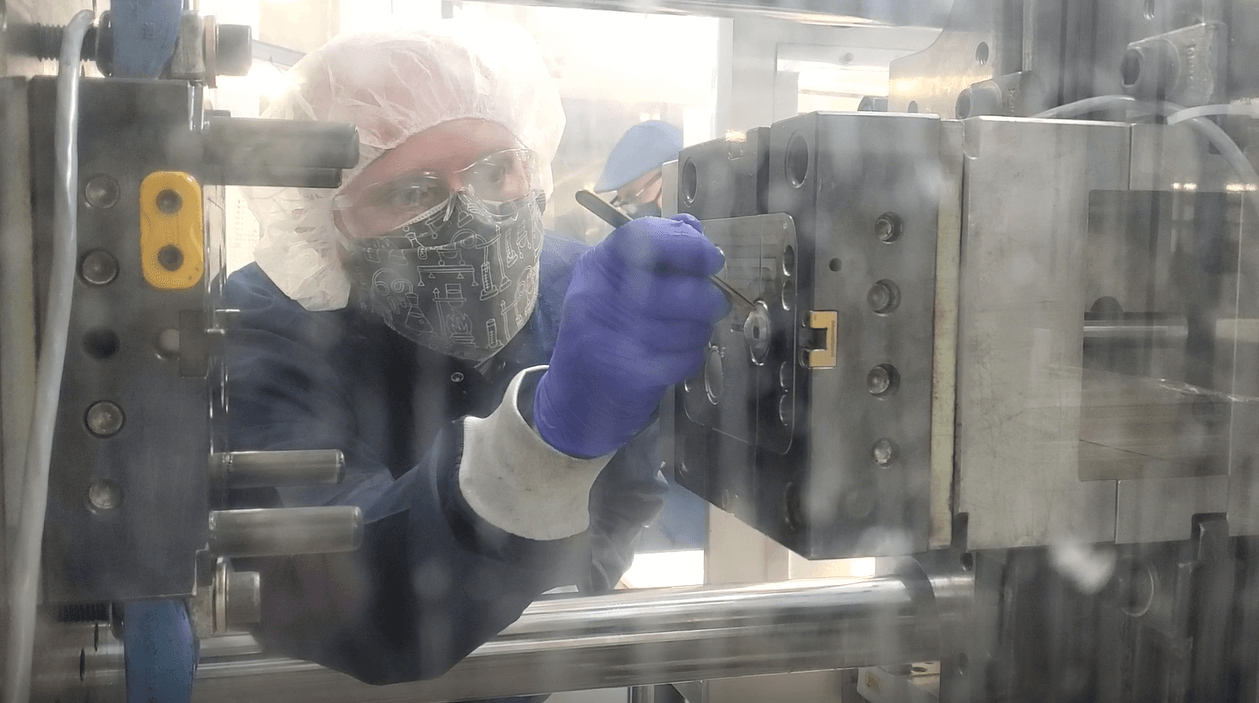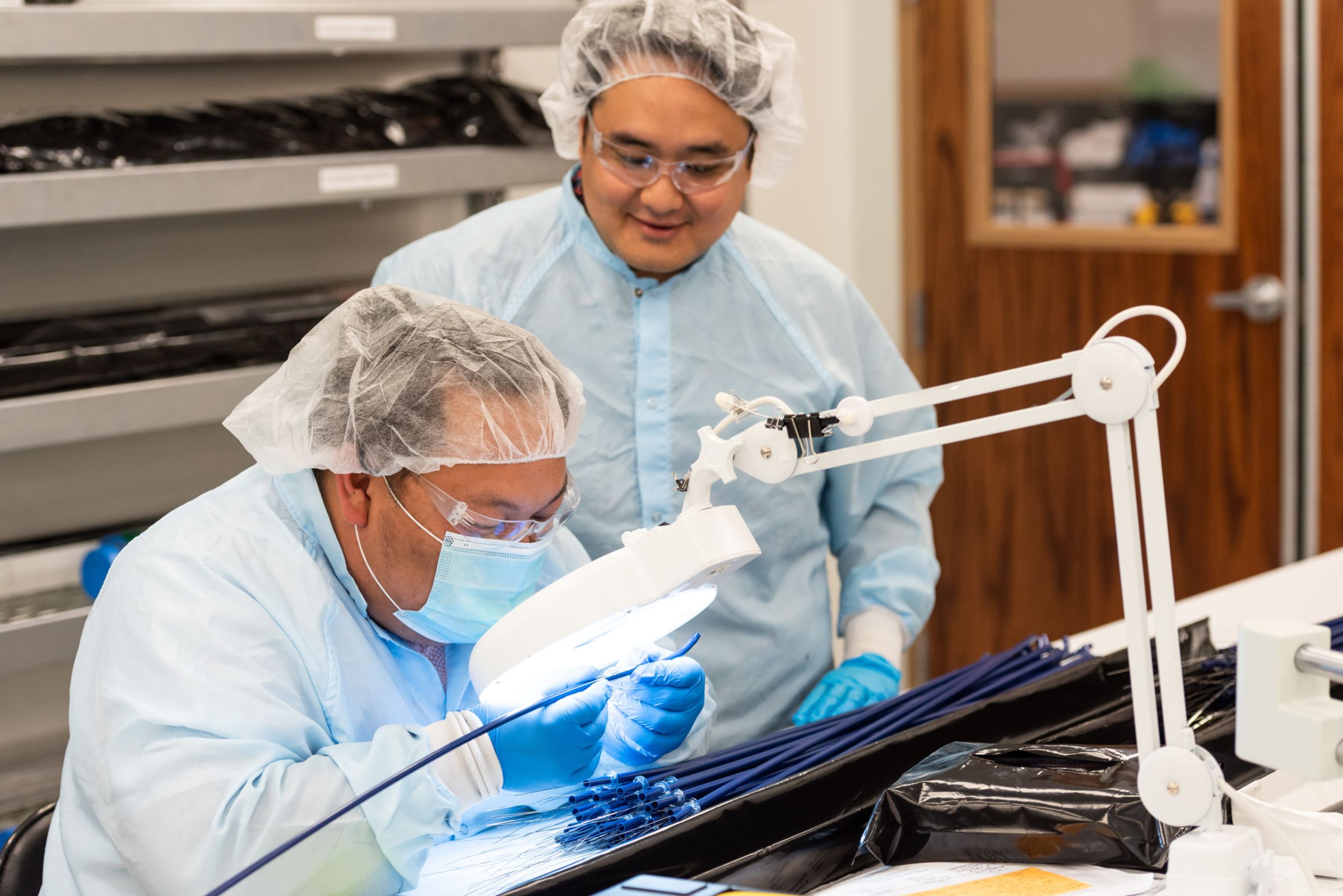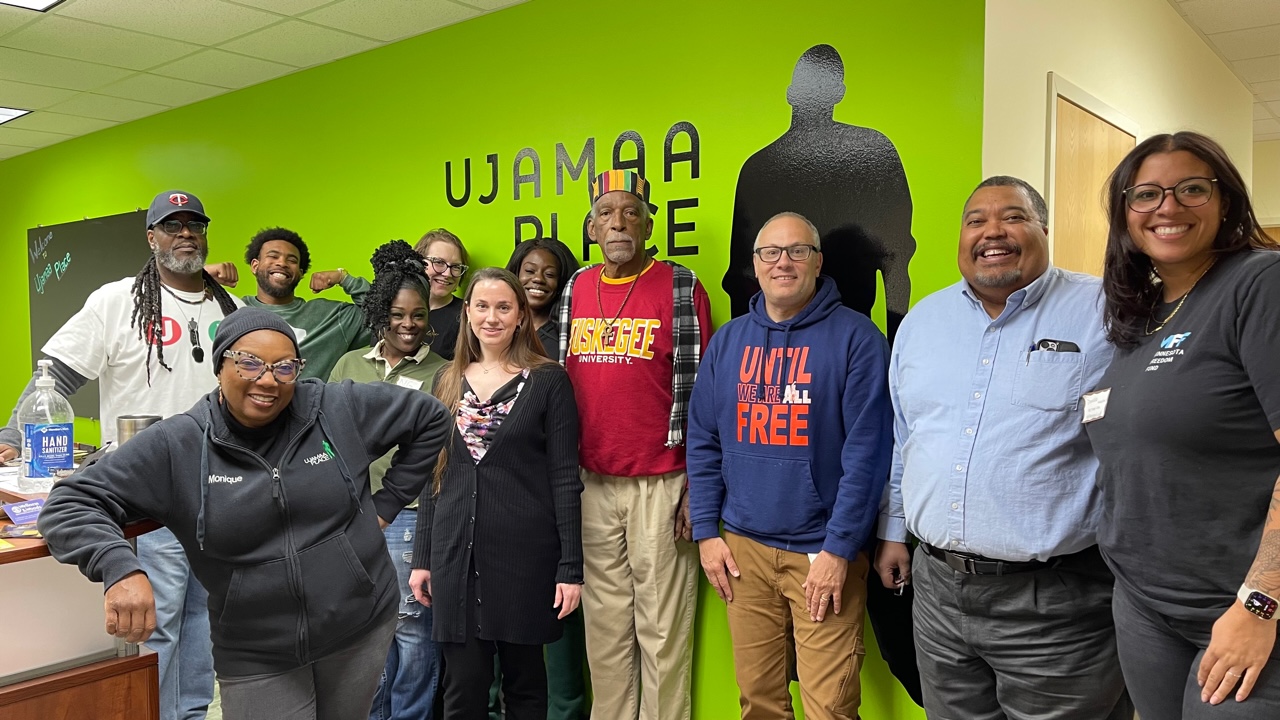Workforce News
Intentional Hiring for Justice-Impacted Individuals

01 August 2023
This piece is the fifth in a series of Fair Opportunities articles intended to raise awareness of the employment needs of justice-impacted individuals in Ramsey County and the benefits to employers willing to give these returning citizens a chance at meaningful employment. Watch for upcoming content with detailed looks into active area providers and resources, as well as businesses and individuals who have directly benefited from their interactions. Justice-impacted individuals and local employers can contact Ramsey County Workforce Solutions for assistance.
The inability of employers to find quality workers has become the status quo in the U.S. While the number of job openings in the country “dropped” to 9.8 million in the second quarter of 2023, large corporations and small businesses struggle to find employees to meet their needs.
At the same time, between 70 and 100 million Americans face difficulty finding acceptable employment because they have some form of criminal record.
Connecting these two points can help justice-impacted individuals and businesses achieve their goals together. But there are numerous hurdles to overcome to make this occur. It will require businesses to be intentional about “second-chance hiring” to provide workforce shortage relief while helping these persons step back into their communities.
“We can no longer overlook this candidate pool. We need each individual fully contributing to our economy for it to work for everyone. Employers should proactively take a deep dive into their long-standing hiring practices for justice-impacted candidates,” said Karyn Berg, Ramsey County Planning and Evaluation Analyst. “Community organizations and the county are invested in helping employers be successful in making significant changes for inclusion.”
Mutual assistance
Second-chance hiring can play an important role in positive community development. Having a job is critical to any person’s self-worth. Research indicates access to meaningful employment is essential for reducing repeat criminal behavior, including studies by Johns Hopkins Hospital, a Kelly Services and Toyota partnership and with U.S. military enlistees.
While many employers may be hesitant to include justice-impacted individuals in their interview pool, those experiencing poor operational performance due to insufficient staffing are missing out on a potential labor force. Beyond adding to the labor pool, these individuals offer a quality of work that can surpass many without a criminal record. According to the Center for American Progress, employees with criminal records have longer average tenures, leave voluntarily less often and are terminated involuntarily at equal rates compared to employees without records. Furthermore, a survey by Stand Together Trust indicated 85% of Human Resource professionals report workers with criminal records perform just as well or better in their jobs than other workers.
Finally, as general societal awareness of the challenges of justice-impacted individuals seeking reentry into the workforce increases, including them in hiring practices is becoming a business advantage. Research by the Society for Human Resources Management (SHRM) in 2021 indicated 76% of survey respondents would be comfortable working for an employer that hires people with criminal records and 82% would be comfortable visiting a business that employs people with criminal records.
Intentional practices
Hiring justice-impacted individuals can be daunting for many employers at first. Being intentional about their human resources strategies is critical to turning objectives into results. The following advice can guide those interested in helping their business, community and individuals simultaneously.
Ban the box.
Many justice-impacted individuals are screened out of hiring practices simply by filling out an application. The Minnesota Department of Human Rights enforces the Ban the Box law for private employers, which requires them to inquire about an applicant’s criminal history only after that person has been selected for an interview or a conditional job offer has been extended. Employers can submit their applications for review by the state to ensure compliance with the law here.
Have a hiring strategy.
Business leaders know that strategies are critical to delivering intentional results in their operations. Implementing an updated hiring strategy can ensure that justice-impacted individuals receive a fair opportunity at employment. One excellent resource to educate Human Resource leaders and hiring managers is the Getting Talent Back to Work certificate from SHRM. It provides actionable knowledge and tools for these professionals to become more versed in the skills they need to help bring people with criminal records into their companies.
Community outreach
There are many community-based organizations whose daily mission involves working to help justice-impacted individuals. Collaborating with them to improve hiring practices can lead to a pipeline of potential talent. Some of these area organizations include:
- The Minnesota Department of Corrections has several reentry services and resources, like the Minnesota Transition Coalitions.
- Twin Cities R!se has a mission “to transform the lives of those impacted by racial or socio-economic barriers through Personal Empowerment, career training and meaningful employment.”
- Repowered, formerly Tech Dump, is one of Minnesota’s largest e-waste collectors but is also a social enterprise that provides jobs and training for persons facing barriers to employment.
- Ujamaa Place prepares men who are unemployed or underemployed and have yet to hold a consistent job due to instability or incarceration to enter the workforce through numerous services and resources.
- Art from the Inside is an organization founded by a correctional officer to allow incarcerated artists to express themselves through art and community exhibitions.
- We Are All Criminals is a Minnesota non-profit organization dedicated to challenging society’s perceptions of being “criminal.”
In addition, Ramsey County Workforce Services has numerous programs aimed at helping employers find qualified workers, including justice-impacted individuals, such as:
- Job Connect is the largest workforce and training network in the Twin Cities.
- Being an Employer of the Day at a community location is a great way to promote your company while screening, interviewing and hiring candidates on-site.
- Fair Opportunities is a collaboration of Ramsey County and the Workforce Innovation Board of Ramsey County offering information, resources and events to help employers better understand the value of hiring individuals impacted by the criminal justice system.
An exciting example occurring in out-state Minnesota is the Rural Minnesota Concentrated Employment Program’s Restoring Connections program. This program developed relationships with employers who commit to hiring justice-involved individuals. These employers benefit from access to individual specialized skills and the new employee’s eagerness to join their workforce.
Healthy business practices
Employers seeking to alleviate their workforce issues can make a fair business investment by intentionally adding justice-impacted individuals to their potential employee pool. Giving a second chance to these people eager to prove they are not a wrong choice they made has the potential to be the best choice a business leader can make.
Ramsey County Workforce Solutions implores business owners and leaders to reach out today to see how they can be intentional in hiring justice-impacted individuals.
 Skip to main content.
Skip to main content.









.jpg)





